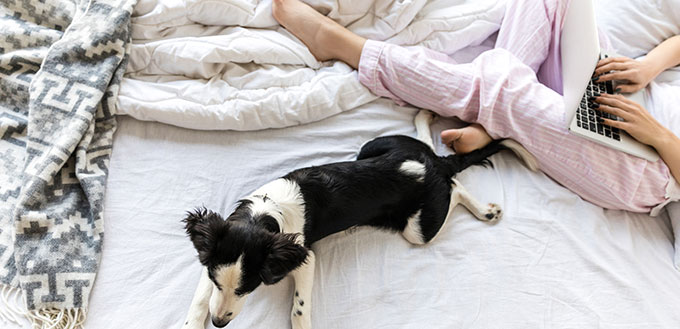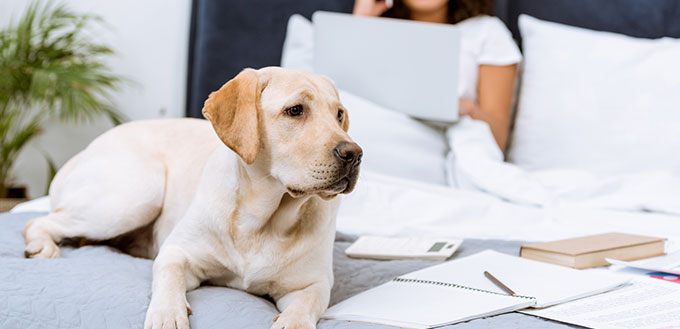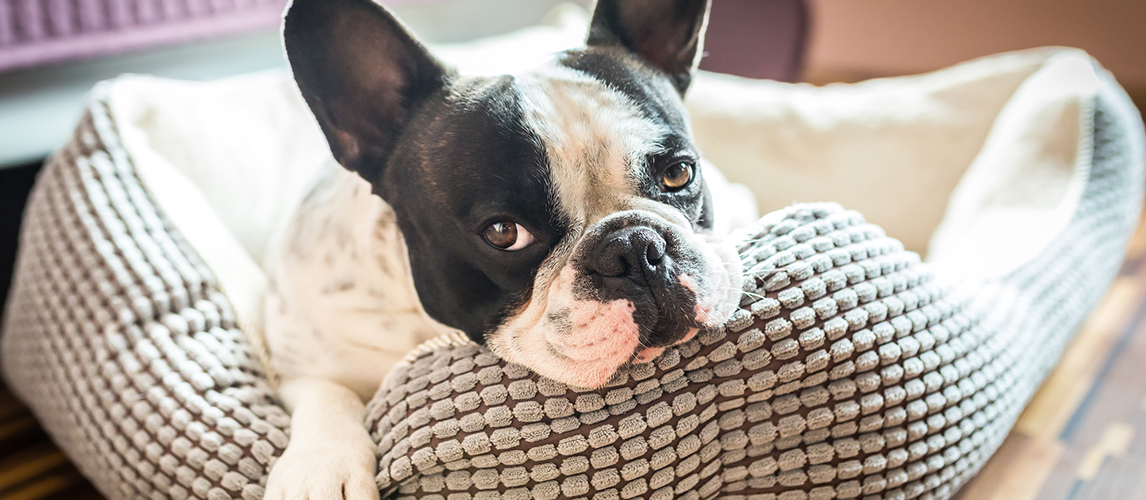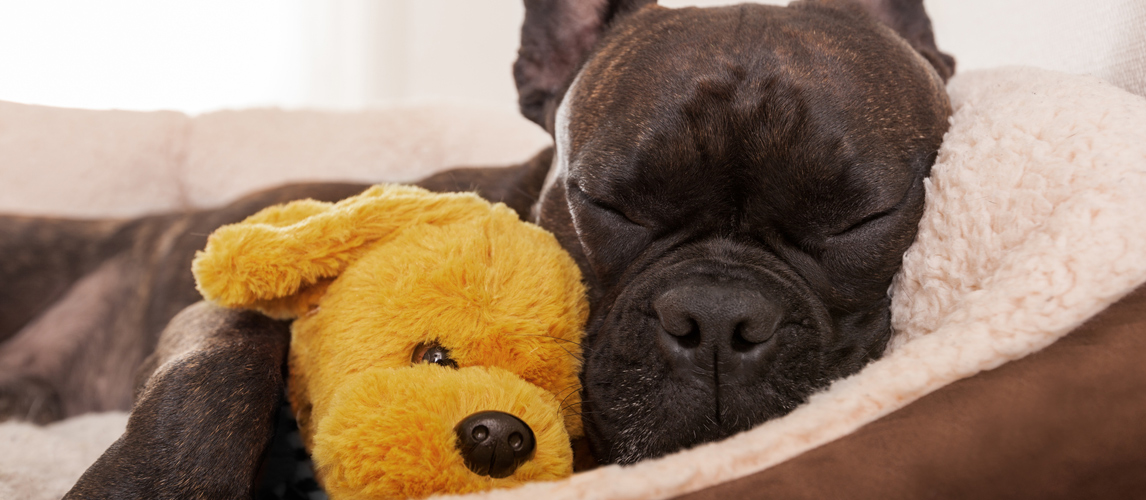If you are an animal lover, you know that every moment you spend with your pets is uniquely lovely. From wintry walks in the park to chilling in front of the television, you love them when they are excited and when they are relaxed. For many dog owners, it seems totally normal to have sleepovers, like you did with your best friends as a kid, or your children when they are scared. But is this a good idea for you and your dog? Before your dog gets into the habit of climbing into your bed, here are the pros and cons to help you make your decision
Why Should You Cuddle Up With Your Dog?
- It can help you relax. It has long been known that dogs make people happy. Scientifically, spending time with dogs has been proven to release oxytocin, which is a hormone that makes you feel all fuzzy and happy. Therefore, having your dog with you as you try to fall asleep can make you happy and calm so that you are better able to gently drift off into dreamland.
- You might feel safer. Dogs are almost always alert, and this includes in their sleep. We’ve all seen our dogs jump up mid-nap when they hear a loud noise. Sleeping with your dog nearby can help you feel more secure because you know they will wake you up if they hear an intruder. This is particularly important if you are living alone.
- It may improve your relationship with your dog. Sharing a sleeping space can tell a dog that you are members of the same pack. This builds their trust in you and creates a strong bond. This is particularly beneficial for rescue dogs who might need a little more love, respect and attention to trust again.
- Your dog can keep you warm at night. Say goodbye to the hot water bottle, you won’t need it anymore. In January, when the temperatures falls down to the 20s, you will be so grateful to have your beloved dog warming you up as you fall asleep.
Related Posts: Best Heated Dog Bed and Dog Teepee Bed

- Your allergies or asthma can get worse. Obviously, if you have severe allergies, you probably don’t own a dog. But a lot of people can have minor allergies to dust, pollen, and any of the other many things on your dog’s fur, and not even know it. Sharing a bed with your dog for hours every night can increase the time spent with these allergens, and make something minor much more serious.
- Their behavior issues might get worse. Dogs with aggression or separation anxiety problems shouldn’t share your bed because you might just reinforce their belief that they are your equal, or even the dominant partner, in your relationship. This is a contentious issue, however, as many people argue that too much has been made of this phenomenon. Many well-behaved and well-adjusted dogs won’t have this problem
- Your privacy may be impacted. Dogs are simple creatures. Once they know that they are allowed to do something, they will try to do it whenever they want. Even a shut door might not keep them out, or they might sit at the door whining until you let them in. This might be a bit distracting when you want time alone, are getting dressed, or any other activities you might like to do in your room without prying eyes.
- Your bed will become dirtier. This isn’t just the mud they might track in from walkies, but can also be bacteria, parasites, fleas and ticks. Unfortunately, some of these can be transferred to you, so you must be careful. This is not a common occurrence, however, but if you or a family member suffer from any immunosuppressant issues, it is not a good idea to allow your dog into any beds.
- Your quality of sleep might suffer. While some people find that their quality of sleep increases, others find that their sleep is increasingly interrupted. This is because dogs are polyphasic sleepers, which means they sleep approximately three cycles a night, rather than our one. This helps them to stay alert, but can mean they wake you whenever they wake up.
Related Post: Best Washable Dog Beds

Ultimately, it is your decision whether to let your dog sleep in your bed or look into buying the best dog bed available for them to sleep in. While the costs might not outweigh the benefits for the average dog, your dog might be particularly anxious due to traumatic experiences or old age. If you do make this decision, there are four rules you should follow:
- Make sure they can sleep in a bed alone. Even if you never plan to separate from them, unexpected trips, illness or life events can mean you and your dog have to deal with change. Make this change as manageable as possible by training your dog to sleep alone before they sleep in your bed.
- House-train your dog first. This might seem obvious, but you need to make sure your dog is highly trained if you don’t want your night ruined. You might be able to put up with a little bit of dirt, but urine is a whole new unpleasant experience.
- Have regular check ups. Ensure your dog has great hygiene and is checked for parasites, fleas and ticks often. This will make it less likely that your dog will pass on something nasty.
- Dogs shouldn’t sleep with a child younger than six. They are likely to pull on your dogs tail and otherwise neglect their needs. This might result in your dog getting hurt, or, worse, they might lash out in defence. Many children older than this might also be unsuitable. Your child needs to prove that they are mature enough by having a record of responsible pet owner behavior.
More Pet Product Reviews
Vacuum for Pet Hair
Dog Beds
Dog Water Fountains
Dog Bowls
Electronic Dog Doors
Dog Monitors
Dog Crate Covers
Dog Baskets For Bikes
Raised Dog Beds
Dog Crate Mats
Sources:
- Ryan Llera, BSc, DVM, Should My Dog Sleep in My Bed?, VCA Hospitals
- Kristen Seymour, Do You Let Your Pet Sleep in Bed With You?, VetStreet







